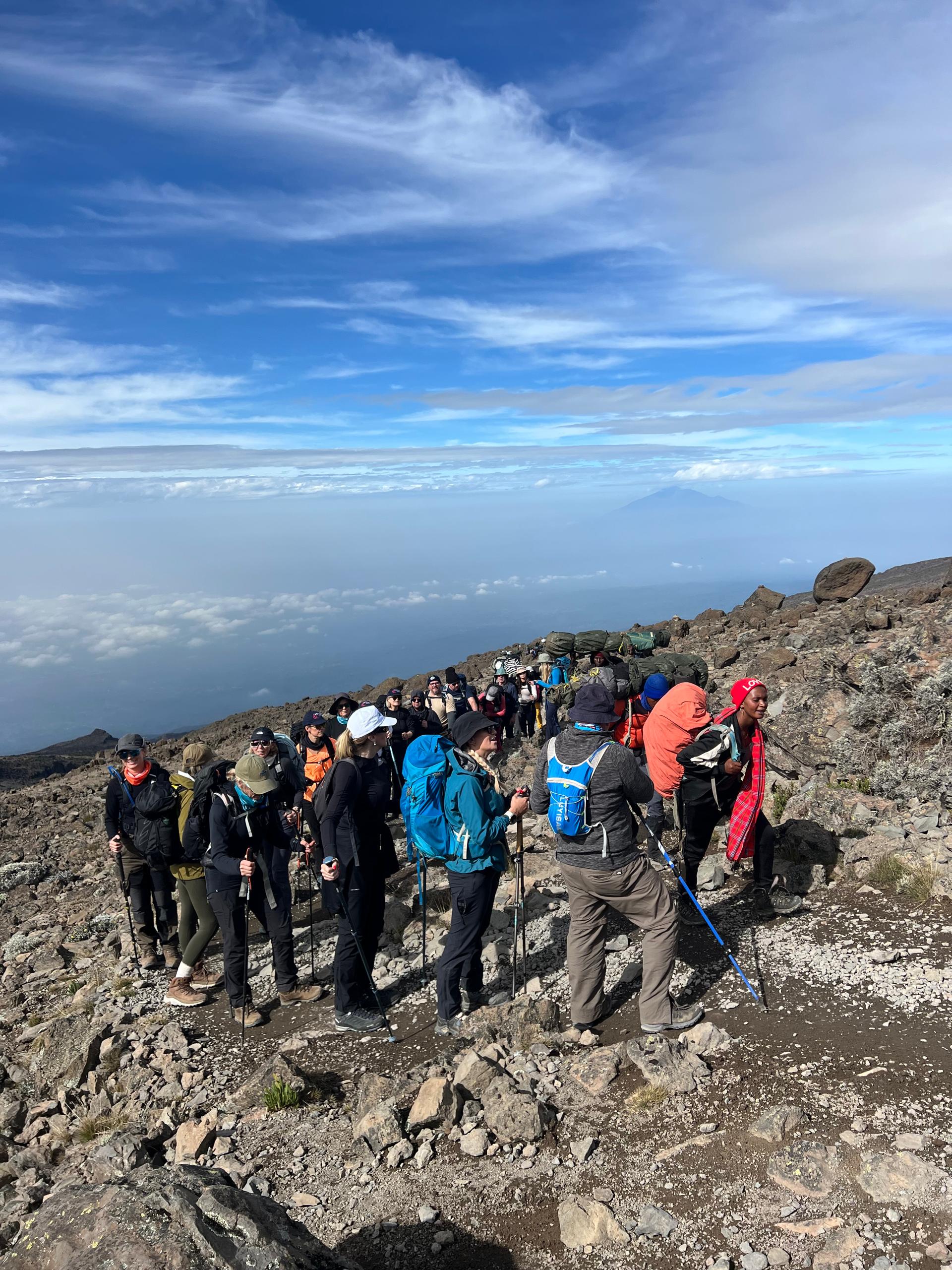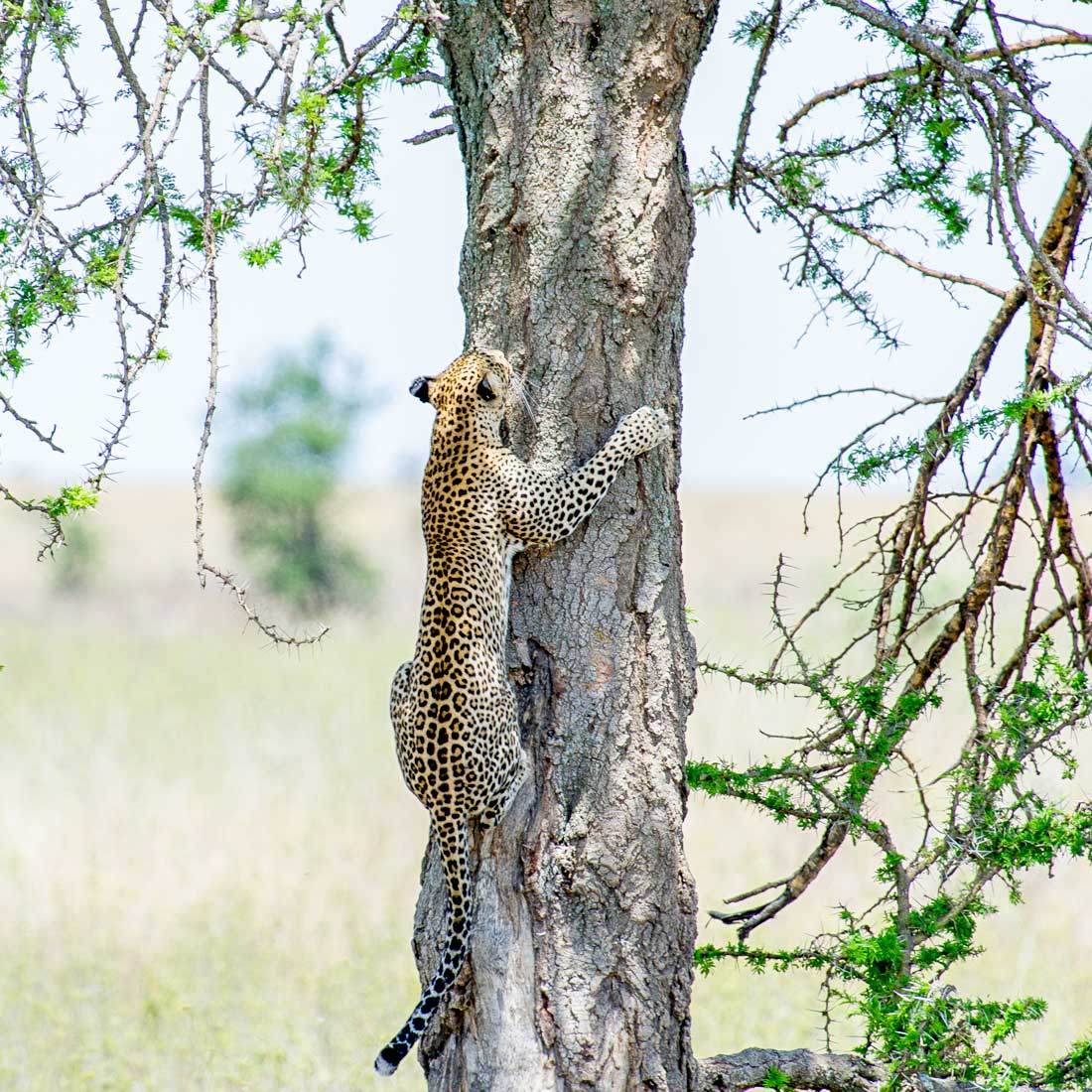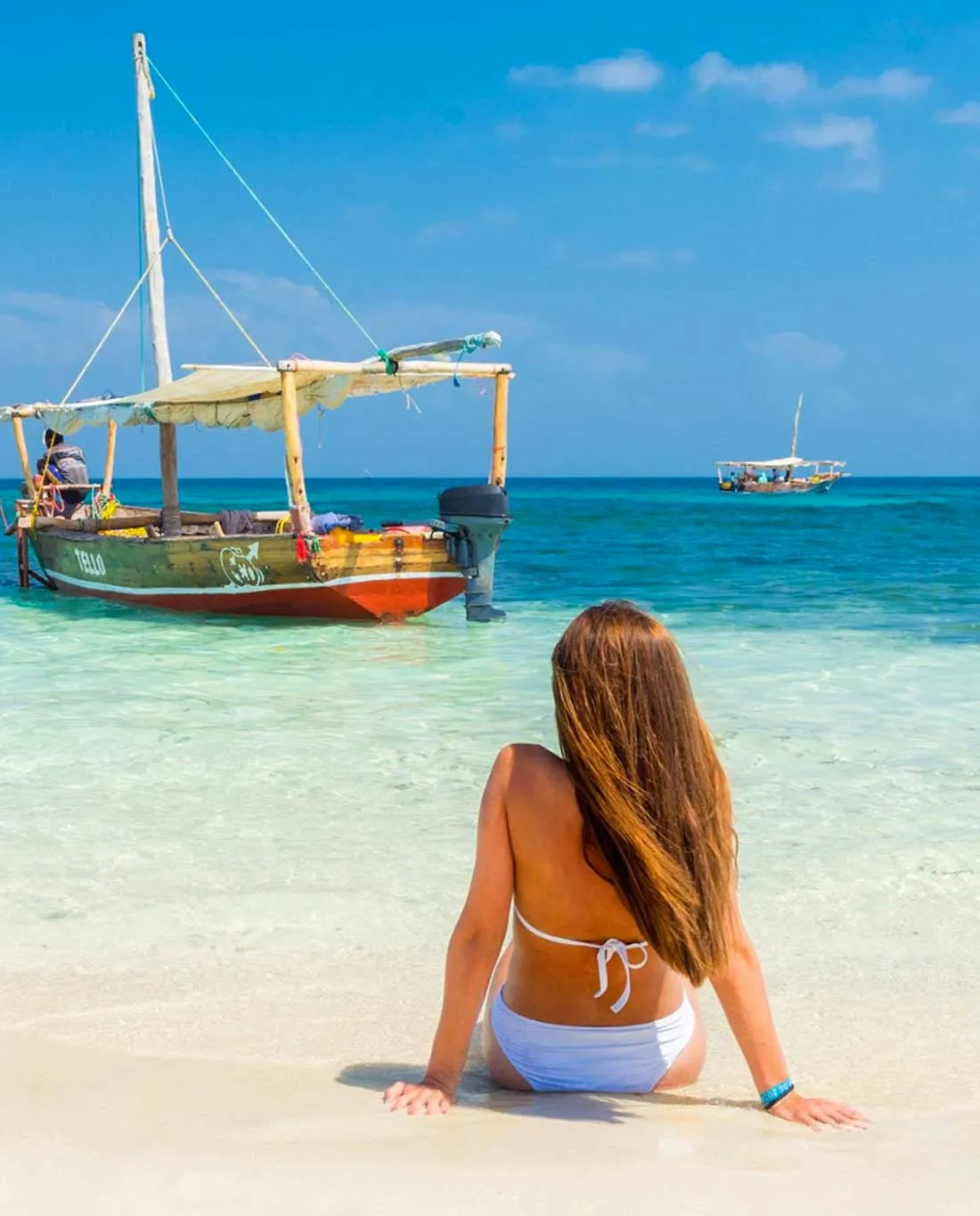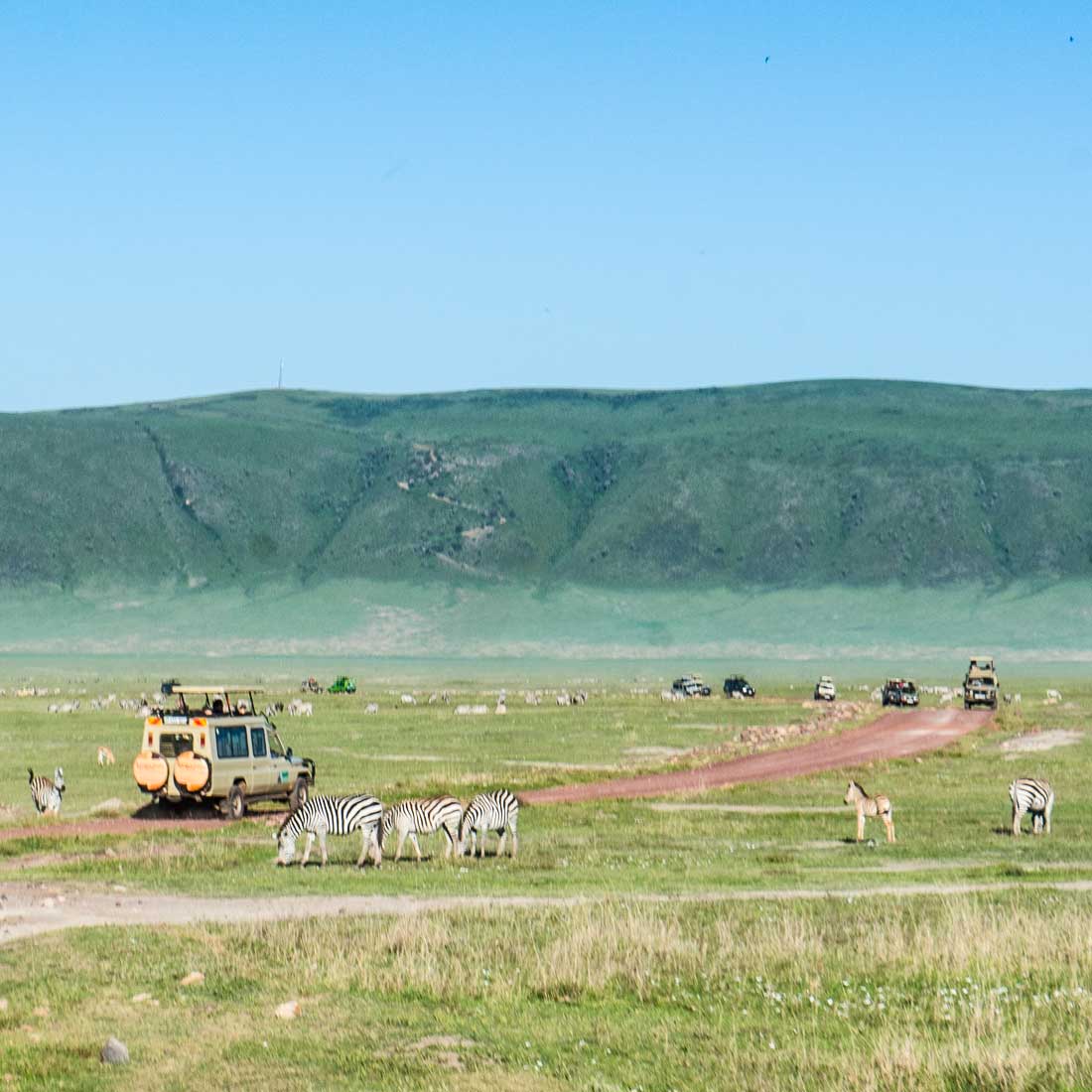Climbing Mount Kilimanjaro is a once-in-a-lifetime adventure — but success depends on the right knowledge and preparation. Here’s everything you should know before your trek begins:
1. It’s a Trek, Not a Technical Climb
Kilimanjaro is a non-technical hike, meaning no ropes, climbing gear, or mountaineering experience is required. However, don’t underestimate it — it’s a high-altitude challenge that requires physical endurance and mental determination.
2. Altitude is the Biggest Challenge
Most climbers fail to summit due to altitude sickness, not fitness. The summit stands at 5,895 meters (19,341 ft), and symptoms like headache, nausea, and dizziness are common. Acclimatization is key — opt for longer routes (7–9 days) and ascend slowly.
3. Physical Fitness Helps — But Isn’t Everything
While you don’t need to be a marathon runner, good cardiovascular fitness and hiking experience are important. Train by doing long walks or hikes on hilly terrain with a backpack to simulate trek conditions.
4. Weather Can Be Unpredictable
Kilimanjaro has five ecological zones — expect everything from hot, humid rainforest to freezing alpine desert. You may experience rain, sun, wind, or snow — all in one day. Proper layering and waterproof gear are essential.
5. You’ll Need the Right Gear
Gear can make or break your trek. You’ll need:
Layered clothing for all temperatures
Sturdy, broken-in hiking boots
Waterproof jacket and pants
Sleeping bag rated to at least -10°C
Headlamp, gloves, thermal layers, hydration system
See our full Mountain Climbing Packing List
6. Hygiene & Toilets Are Basic
Expect limited showering during the trek. Toilets are mostly basic and shared. Many outfitters (like African Giant Adventures) provide private portable toilets for extra comfort.
7. A Good Guide Makes a Huge Difference
A professional guide monitors your health daily, sets a safe pace, and supports you throughout the journey. At African Giant Adventures, we provide:
Certified, experienced guides
Daily health checks (pulse, oxygen)
Emergency evacuation protocols
8. Pack Your Mental Strength
Fatigue, cold, altitude, and early mornings can wear you down. Mental preparation is just as important as physical. Stay positive, go “pole pole” (slowly), and keep your eyes on the goal — Uhuru Peak.
9. You Need the Right Insurance
Ensure your travel insurance covers:
High-altitude trekking (up to 6,000m)
Emergency medical evacuation
Trip delay or cancellation
10. Respect the Mountain and Its People
Kilimanjaro is a UNESCO World Heritage Site and holds cultural significance. Respect local customs, support ethical trekking (fair wages for porters), and follow Leave No Trace principles.
Final Tip:
The summit is a bonus — the journey is the reward. Be prepared, stay safe, and enjoy every step to the Roof of Africa.





